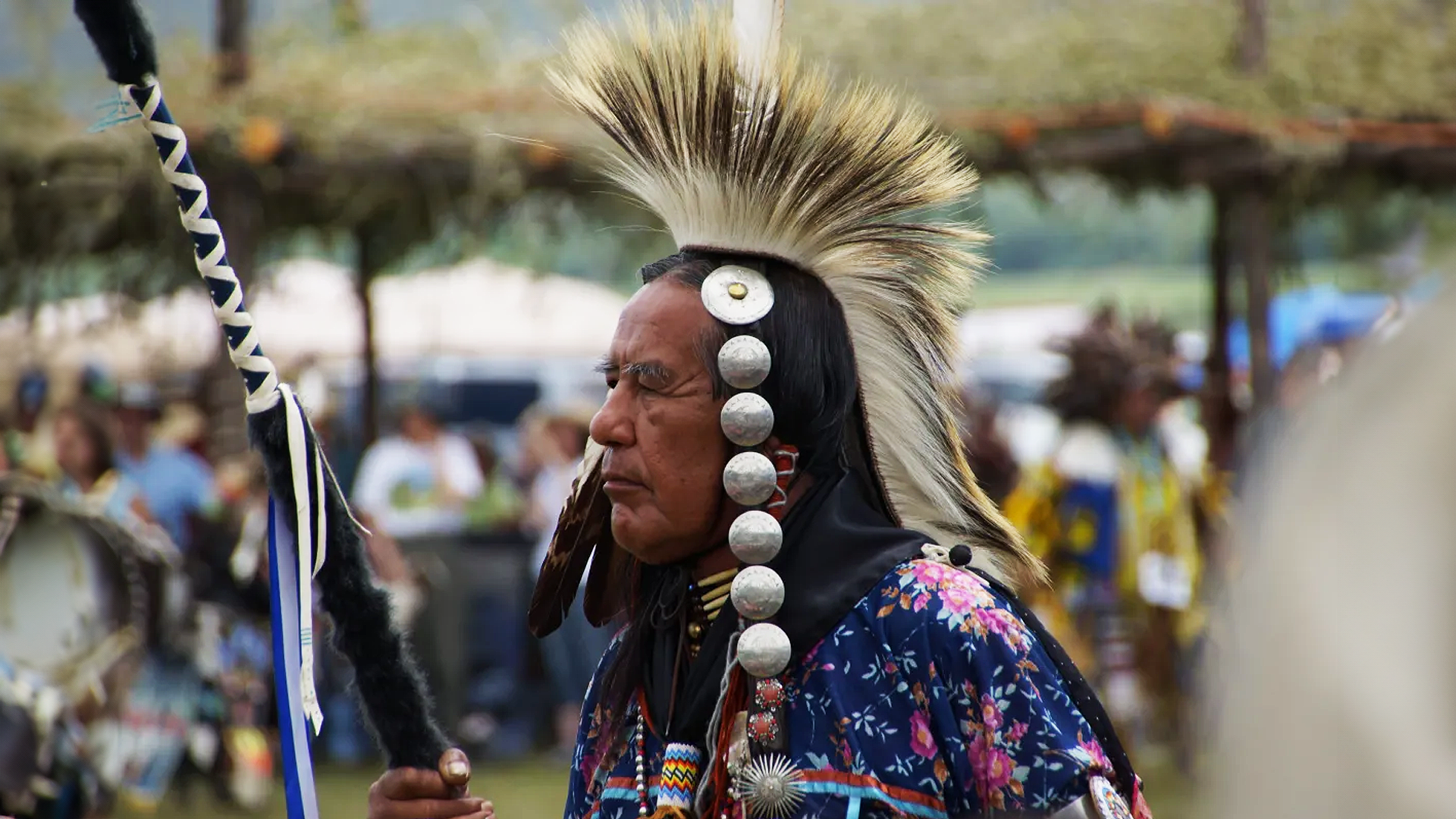A new Wisconsin Bill marks a milestone for Indigenous students. But we should be questioning why legal intervention is necessary in the first place.
Under new Assembly Bill 210, students in Wisconsin will now (legally) be allowed to wear tribal regalia – like beadwork and eagle feathers – to their graduation ceremony.
The news may sound positive, but the legislation has sparked debate online. Many think it’s grossly overdue, given Wisconsin already protects displays of [non-Indigenous] ‘religious beliefs, ancestry, creed, race, and national origin’.
Until now there has been no explicit protection for Indigenous students to wear culturally meaningful items at school-sponsored events.
And Wisconsin is not the first state to impart it. In fact, it’s the 14th state to do so as of December 2023.
‘Many other states across the United States have enacted laws protecting Indigenous students’ right to wear items of religious and cultural significance at graduation ceremonies and other school events.’
‘I look forward to Wisconsin being added to that growing list of states,’ said David O’Connor. He is an American Indian consultant for the Wisconsin Department of Public Instruction and a member of the Bad River Ojibwe tribe.
The new Assembly Bill 210 was unanimously approved last week by the states’ Assembly Education Committee, but is still awaiting a Senate Education Committee hearing.
It will undoubtedly improve the experiences of Indigenous students attending school-based events in Wisconsin, who regularly face discrimination for expressing their cultural heritage in such contexts.
The Native American Rights fund said that it often hears from students who say they weren’t allowed to wear eagle plumage and other cultural attire at graduation. Eagle feathers are significant to many members of the Indigenous community, gifted to mark life accomplishments like graduations.
But despite the positive ramifications of the new bill, response to the news has been decidedly mixed, particularly on social media.
Besides the widely held belief that the law is long overdue, others are calling out the need for legal intervention altogether.
‘Why would a bill have to be passed? Let people be who they are…. So much for being ‘free’!!’ said one Instagram user.




















